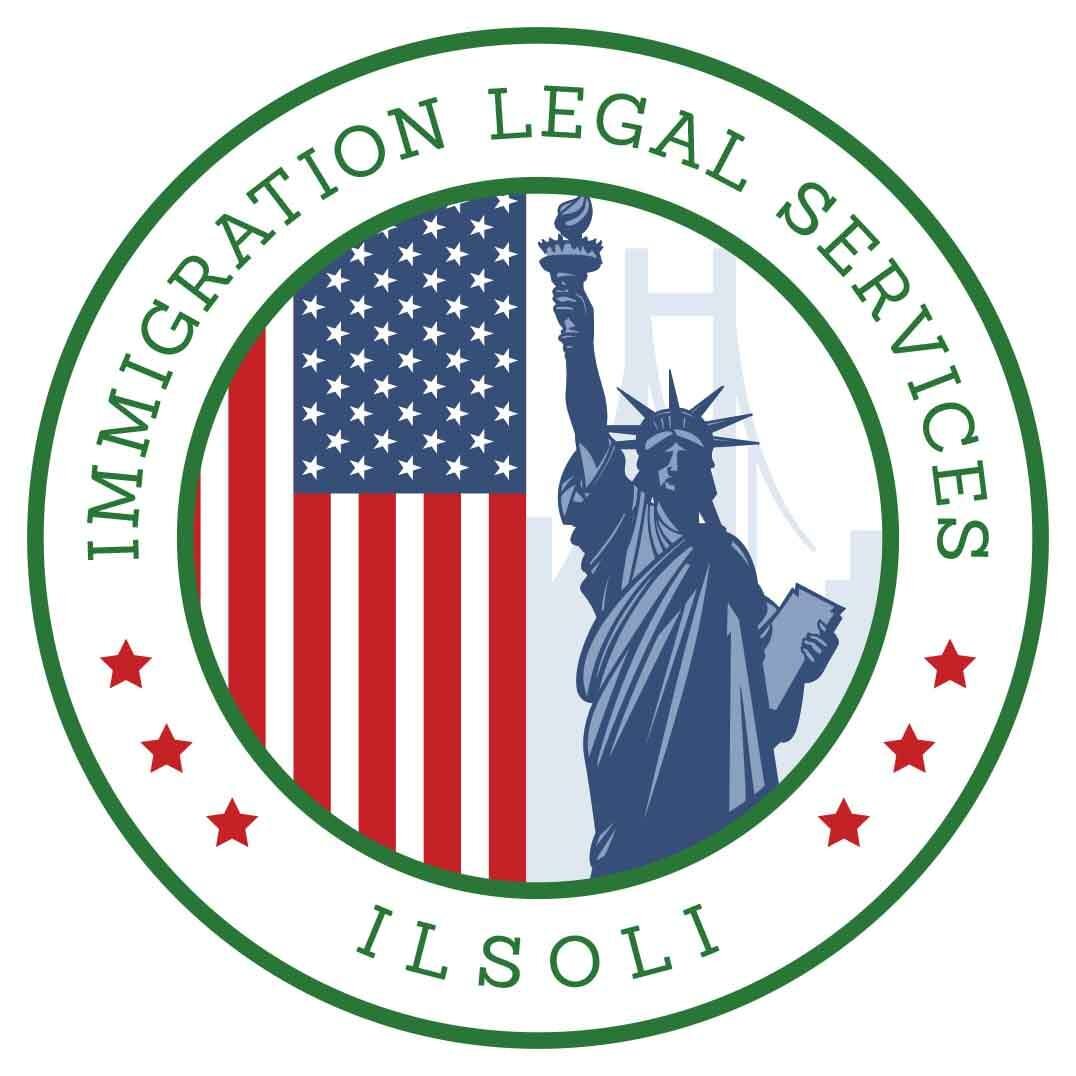Immigration reform could advance in Congress without Republican support.
During his address to Congress, President Joe Biden called for immigration reform to be passed or "at least" allowed to grant citizenship to "dreamers" and those who have been essential workers during the COVID-19 pandemic.
Activist groups have previously demanded passage under the Reconciliation rule of HR 1909 (in the House of Representatives) or S. 747 (in the Senate), the Essential Workers Citizenship Act .
Now, Senate Majority Leader Chuck Schumer (New York) is exploring whether it is possible to pass a law that grants citizenship to undocumented immigrants without the need for 60 votes, which would force him to obtain the support of at least 10 Republicans.
"He and Senate Democrats are actively exploring what can be done on immigration through the Reconciliation (rule) , " The Hill reported with information from a source familiar with a meeting with the Hispanic Caucus.
The decision does not depend on the Democrats, but on the parliamentary office , which must evaluate whether such a reform is viable under the special rule that does not require a qualified majority.
One of the arguments of the Democrats is that in 2005 Congress passed legislation in the framework of the budget process that included changes on H-1B visas.
Schumer's comments to Hispanic congressmen occurred in February and were reported by The New York Times on Tuesday, following a meeting of senators that included Dick Durbin (Illinois), the second-highest-ranking Democrat in the Senate.
The Speaker of the House of Representatives, Nancy Pelosi (California), has expressed her openness to immigration modifications under that rule, which would allow progress against Republican obstructionism.
"We believe that we can argue about the budgetary impacts of immigration in our country and we are going to try to do so," said President Pelosi in a call with the leaders of the Asian-American Pacific islands the last week of March.
Durbin has also spoken out on the matter and considers the plan a possibility, but would prefer it to be under a bipartisan agreement.
"It has been considered an alternative (to Reconciliation)," he told Punchbowl News. “I hope that we can show that we can do it under the regular order of business in a bipartisan way. That's my goal".
The Democrats, however, could face problems, after the parliamentarian indicated that the salary increase to $ 15 dollars an hour was not viable to discuss under the Reconciliation rule, as it was not a purely budgetary matter.
Activists have pressed for President Biden to pronounce on the economic benefits of immigrants to the country, which would add to the discussion regarding the budget impact.
Organizations also continue to pressure Democratic legislators, which they do through a national mobilization, which included a rally in Washington, DC, on May 1.
“We stand ready for the leaders of the White House and Congress to take bold and decisive action by including a path to citizenship for essential workers, agricultural workers, DACA and TPS recipients , and others in the next infrastructure legislative package, through Reconciliation if necessary ”, asks the National Partnership for New Americans . "We must ensure that a path to full citizenship for the 11 million (undocumented) is combined with integration measures to ensure the full civic, social, cultural and economic outlook for new Americans."
However, the Essential Workers Bill does not contemplate 11 million undocumented people, but around five million, several identifiable by being under programs that prevent their deportation or are part of the agricultural workforce.
